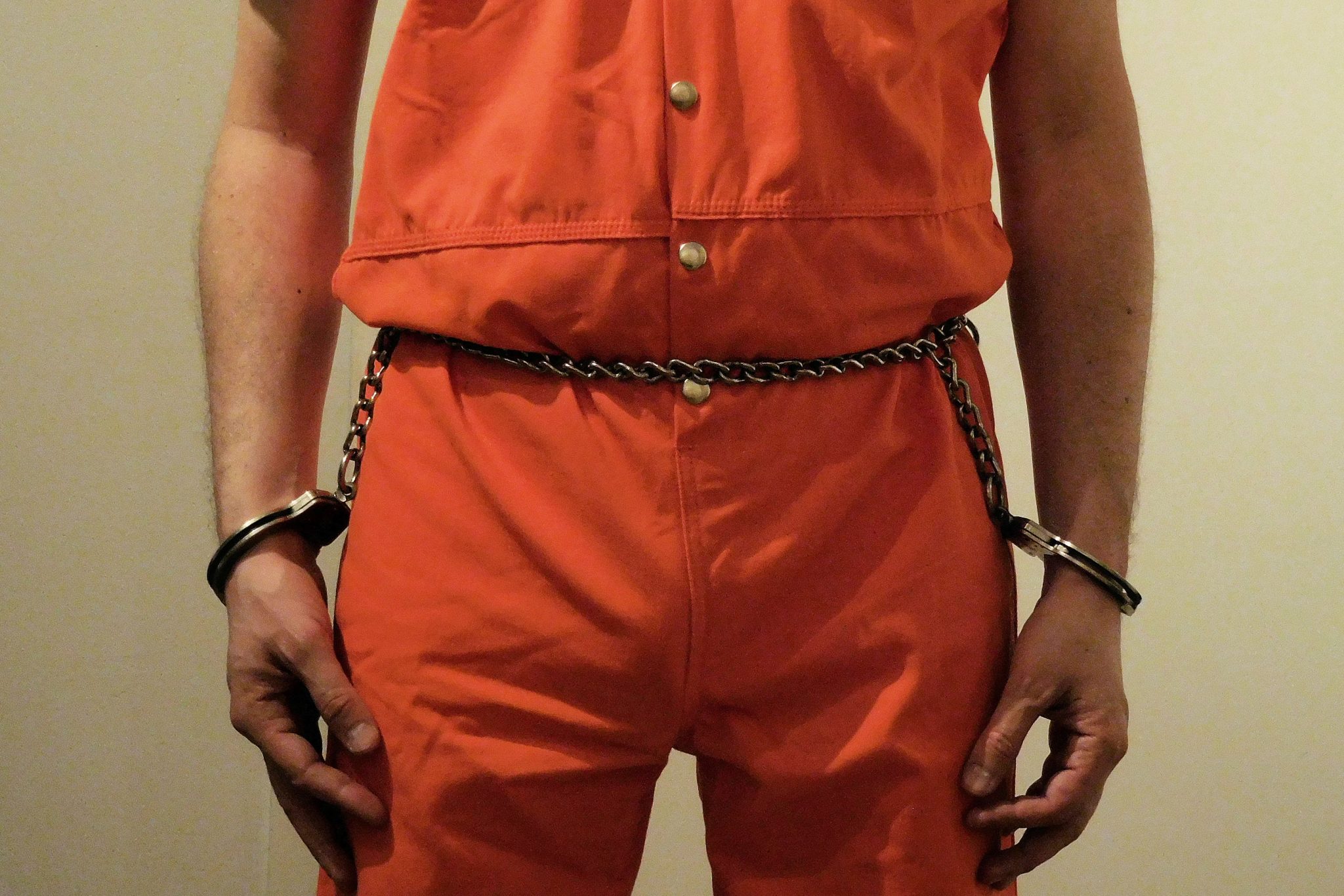Cyntoia Brown’s case shows how internet activism can pay off


Last week, Cyntoia Brown was granted clemency from her 51 year prison sentence, and is set to be released on parole in August 2019.
Cyntoia Brown has served 15 out of 51 years for murdering the man who solicited her for sex at the age of 16.
It was in 2004 that she was tried as an adult for killing 43-year-old real estate agent Johnny Mitchell Allen, a man almost 30 years her senior.
Throughout the years, Brown maintained that she committed the act in self defence, and that she was forced into prostitution at a young age.
She said that she was solicited for sex by Allen, and while at his house she noticed a gun on him that she thought he was drawing, when she shot him out of fear for her own life.
Her prosecutors decided that she shot him to rob him, and not because her life was in danger.
As a victim of child sex trafficking, Brown’s clemency is a victory for human rights activists who have been rallying for her release since it originally garnered media attention.
Celebrities such as Rihanna, Kim Kardashian and LeBron James showed support for her on social media as well.
Much of the outrage over her sentence came from the fact that people found a life sentence in prison without parole to be too harsh for a child who had been subjected to so much violence and abuse.
In December, social justice organizations were encouraged to send letters and make phone calls to their representatives and senators to appeal for Brown’s clemency. It’s very possible that this influx of support for Brown could have positively impacted the outcome of her sentence.
Her sentence seemed to ignore all the mitigating factors of her case. She had appealed for release multiple times throughout her sentence without much luck, until now.
Brown has taken extensive steps to rebuild her life since getting locked up.
Having earned an associates degree, she is on track to finish her bachelor’s degree this spring.
This was taken into consideration during her recent appeal. Brown also has fetal alcohol spectrum disorder, and the governor in charge of her case considered this while finalizing her release.
Obviously, none of these mitigating factors justify her crime. But the idea of the crime not fitting the punishment has been very prevalent during her appeal, as well as the fact that she has shown exponential emotional healing and growth throughout her sentence.
Brown’s case has sparked a debate on criminal justice reform, with some of her former prosecutors rallying for her release.
Her case shows the ways in which black women are sidelined in civil rights debates, but her case is not unique.
While this case garnered much media attention, other stories of women taking a stand against their traffickers and then being punished for it are slowly being brought to light as well.
Hopefully, Brown’s sex trafficking survival story can be used as a catalyst for helping other unjustly incarcerated black women.
According to a report by The Sentencing Project, black women were imprisoned twice as much as white women in 2016. These numbers have been slowly dropping recently, but the disparity is astounding.
In an interview, Alex Chambers, a survivor and advocate for Brown’s freedom, said that the narratives around black women and girls need to be actively countered, and that victims should be rendered as worthy of “care and support instead of punishment.”
We see a lot of archetypal frat boys and business men commit sex crimes and get off scot-free, but the story rarely ever pans out similarly for young black women who have been exploited.
In 2004, prosecutors may have found it easier to punish girls like Cyntoia, but almost 15 years later it’s possible that the script is being flipped.
In December, social justice organizations were encouraged to send letters and make phone calls to their representatives and senators to appeal for Brown’s clemency. It’s very possible that this influx of support for Brown could have positively impacted the outcome of her sentence.
It’s sad to me that Cyntoia Brown’s case would have almost seemed hopeless if it were not for the excessive social media attention and celebrity involvement, but it’s also promising to see the ways in which internet advocacy can actually pay off.


